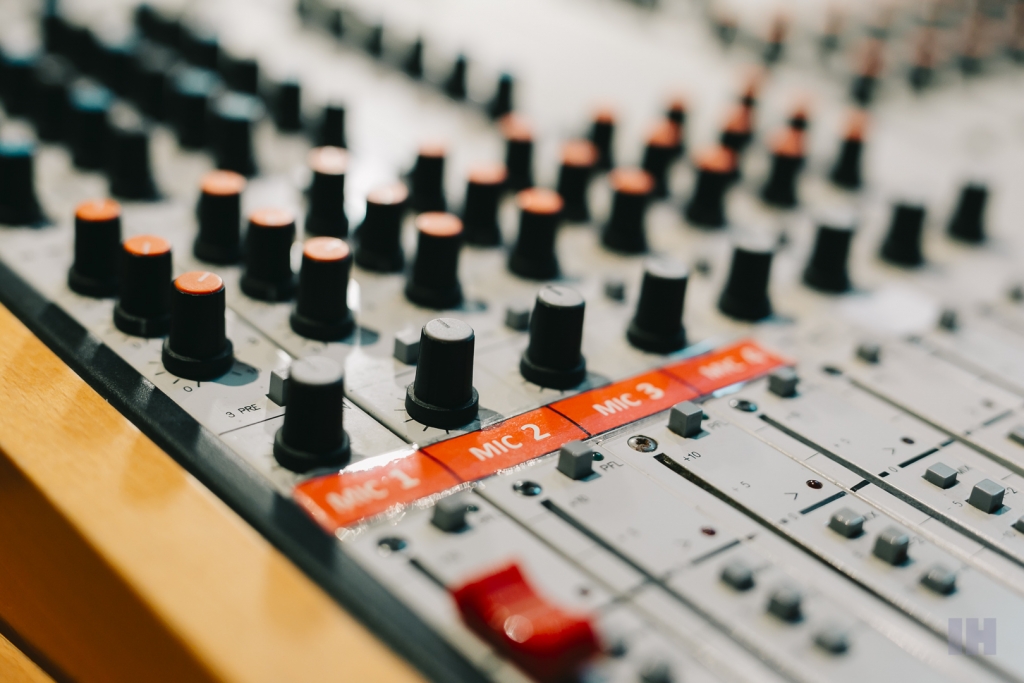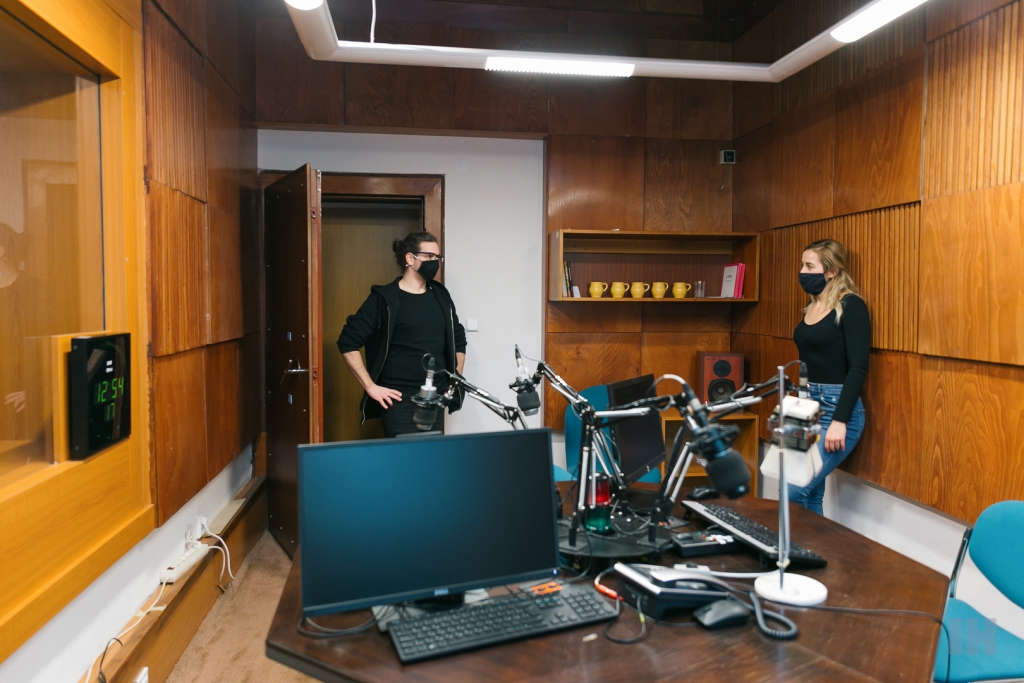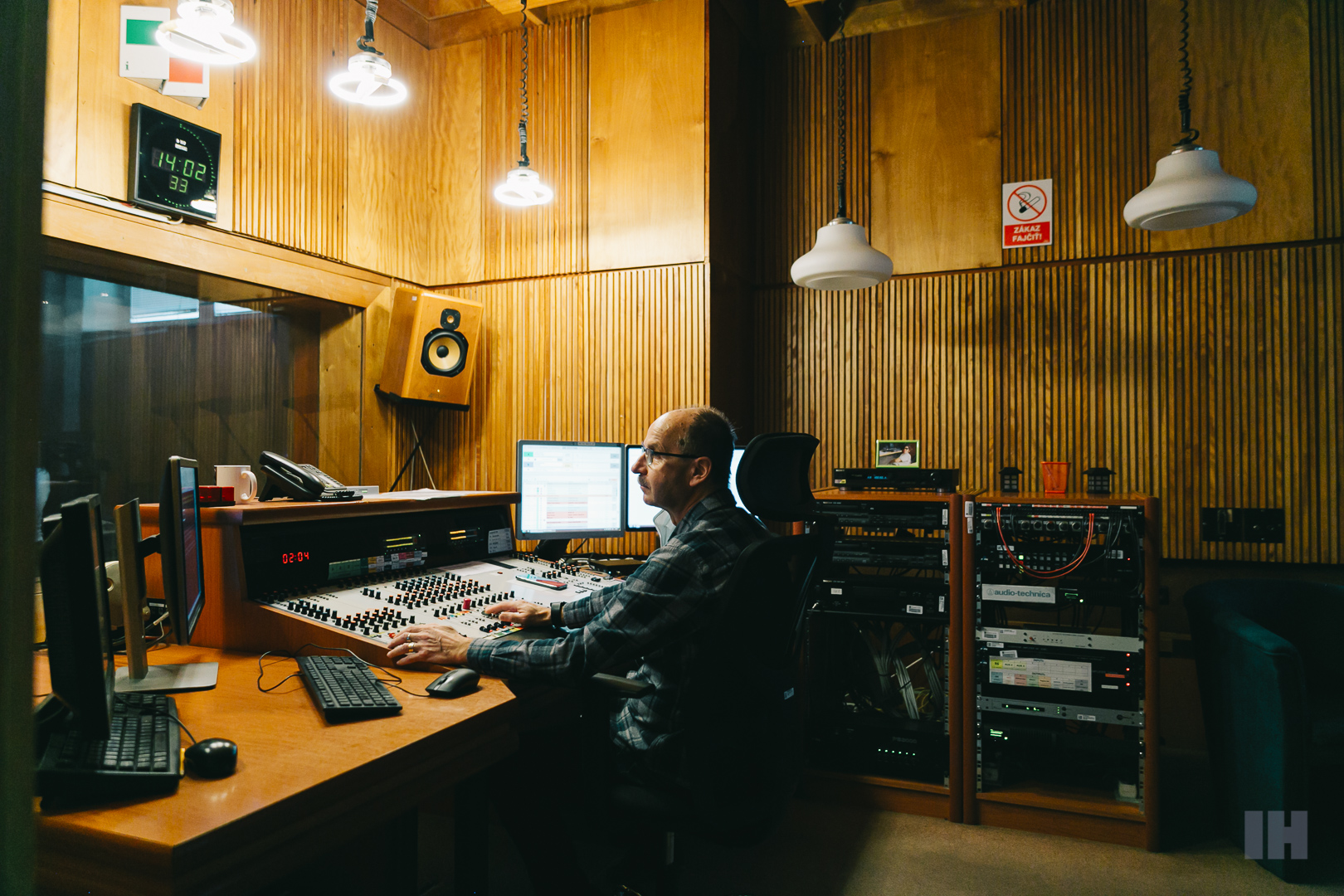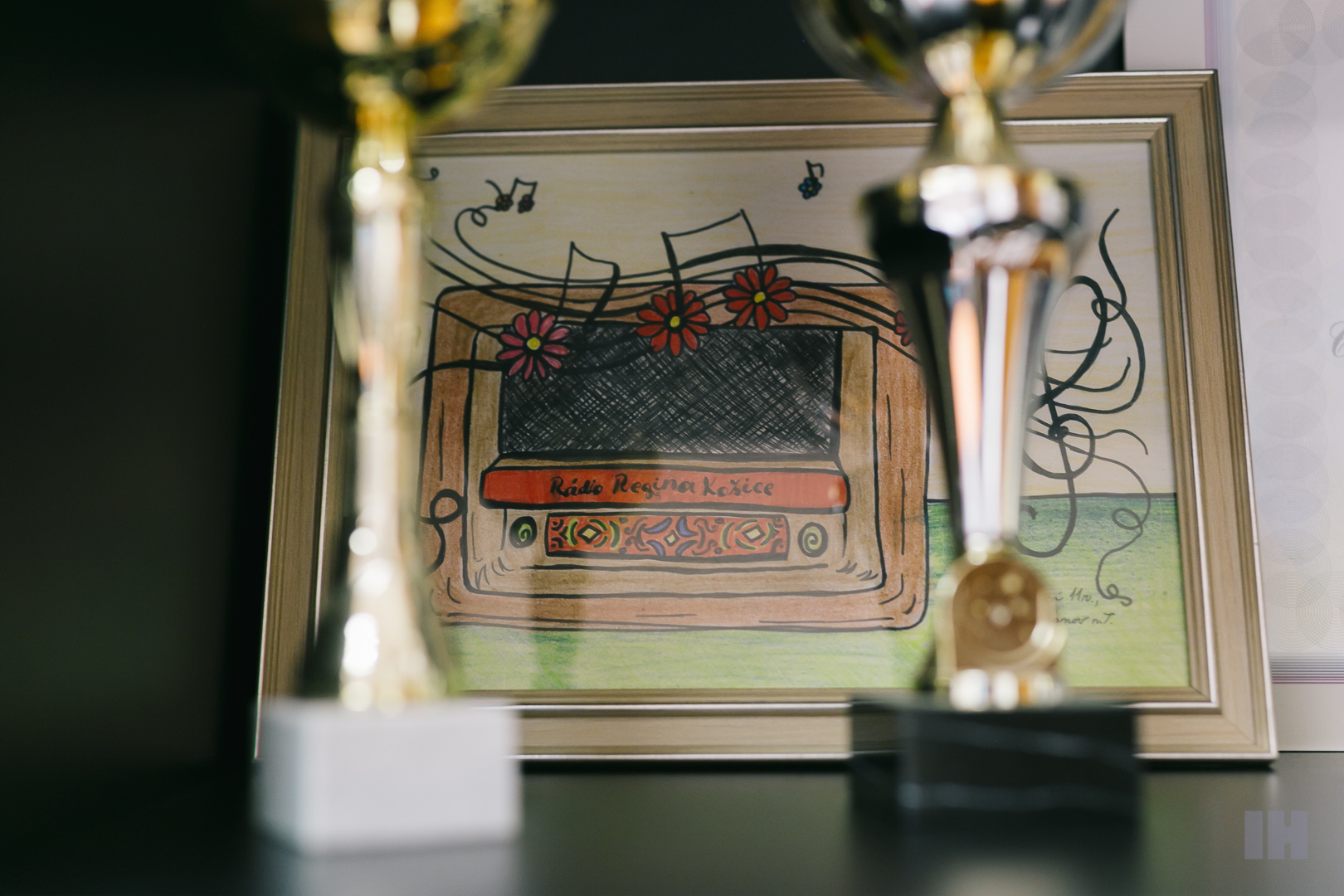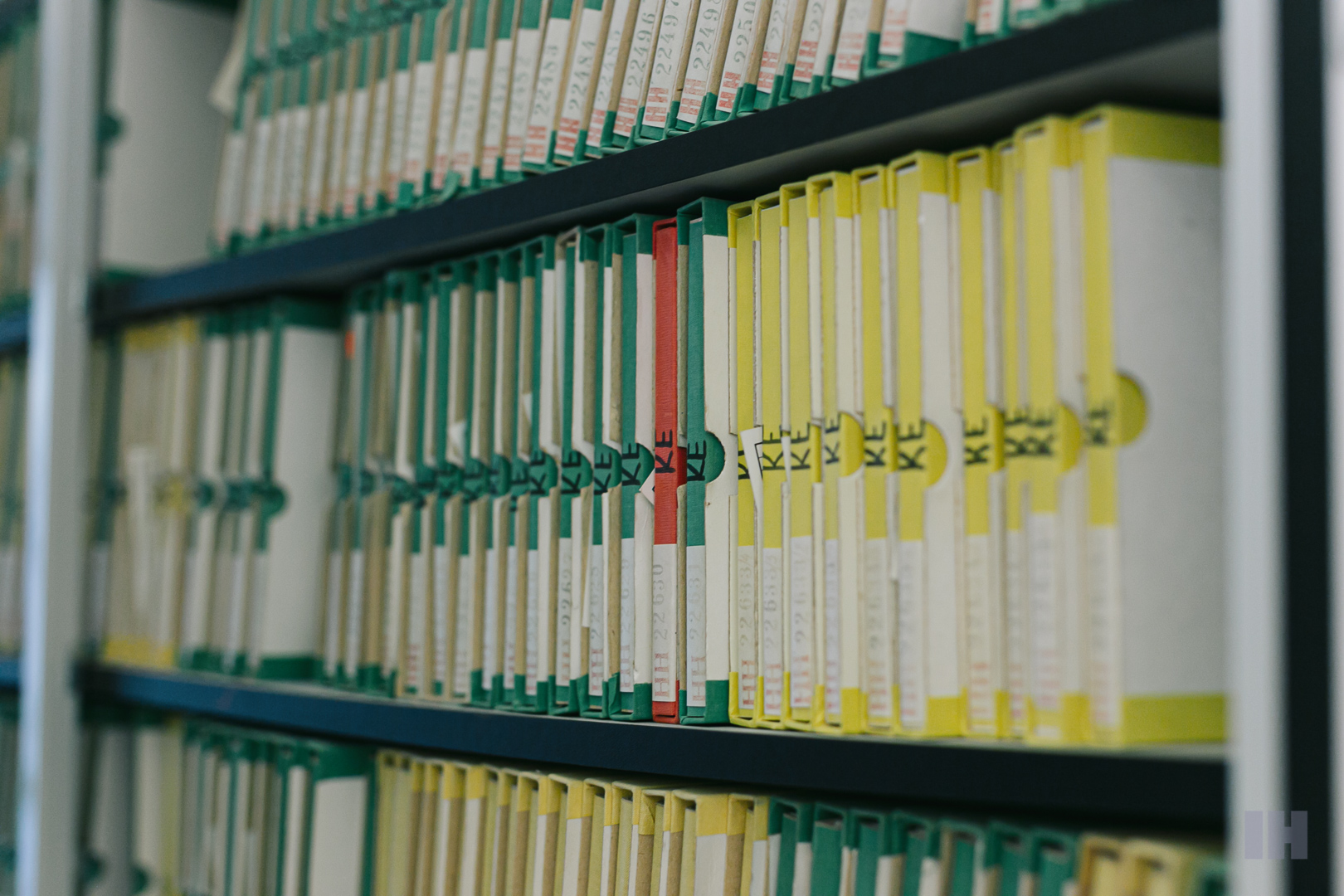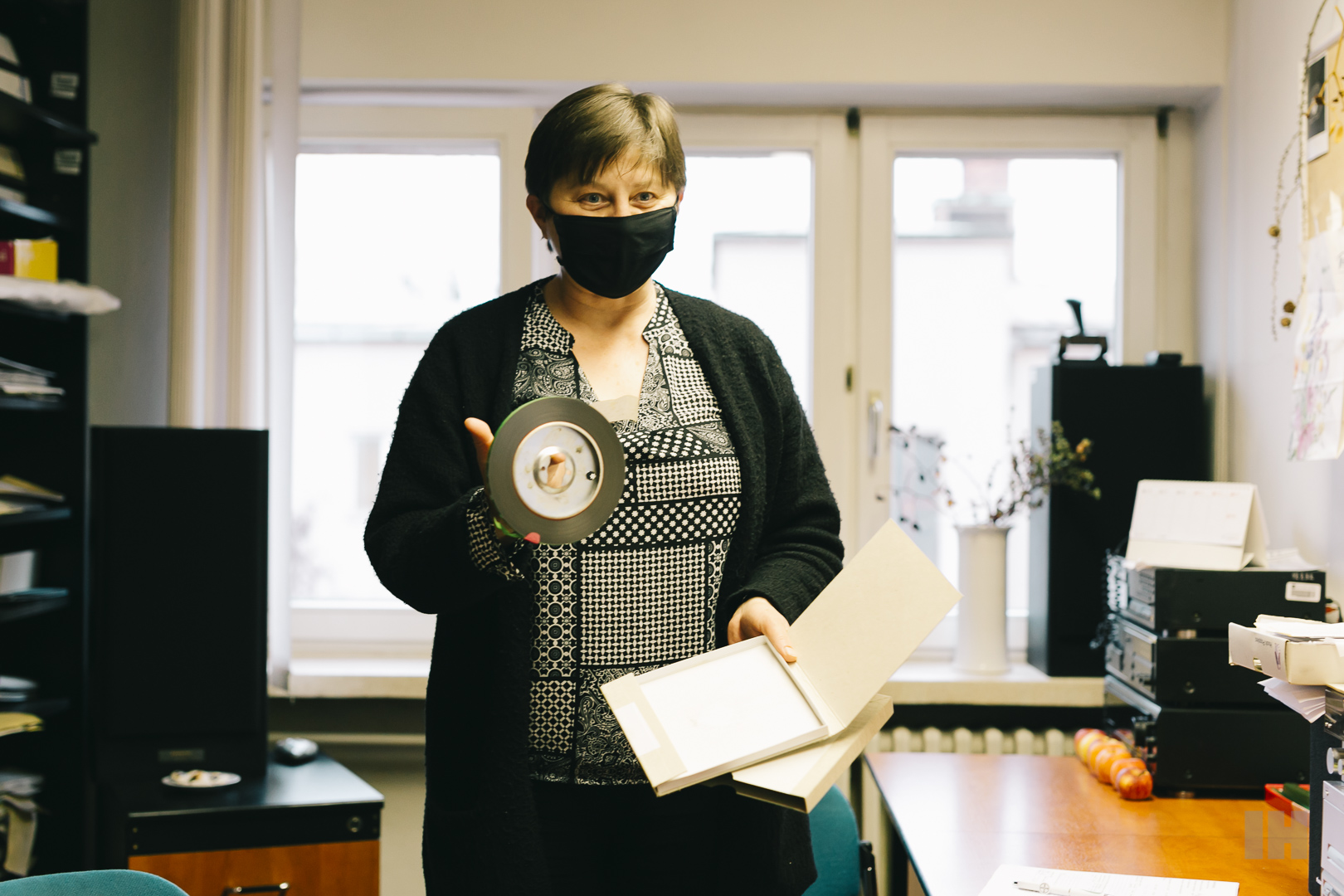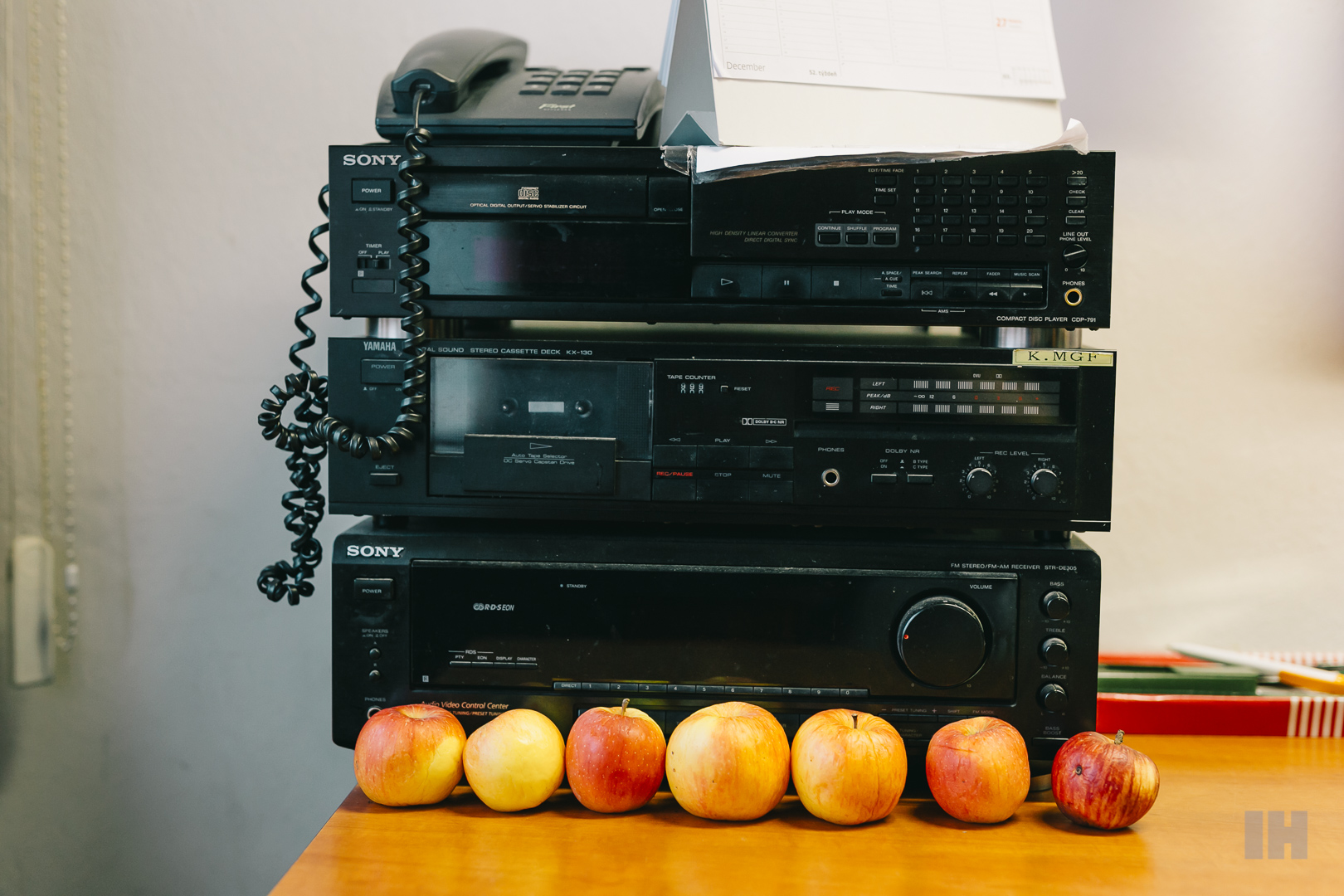Košice Radio celebrates its 90th anniversary. 6 people from Rádio Regina Východ who bring you the broadcast
Regional Rádio Regina Východ, which for decades has been bringing insights into interesting topics, interviews with inspiring personalities, a cultural and artistic program presented by today’s well-known voices. What does the day-to-day work of RTVS employees look like in practice? Who is behind the quality sound of songs, shows, music recordings in the famous hall next to the radio’s reception? Read interviews of Filip Andel, Jana Pataráková, Ivana Jachymová, Dávid Palaščák, Marta Ďurďáková and Milan Rendoš on the occasion of the 90th anniversary of the building.
Filip Andel / sound engineer
Filip Andel has been a sound engineer since 2016. His job is to help ensure the perfect sound from field recordings, sports broadcasts, church masses, children’s choirs, music recordings and live streaming for the sound master. Filip claims that while working at RTVS, he appreciates the infinite willingness of his older colleagues to share the necessary knowledge that he would otherwise have needed to acquire for years – working in radio has become the study in his field to him, too. Filip also makes sure the sound is delivered of the highest possible quality during public recordings in the radio studio.
“I am very fond of public recordings, which take place in our large studio. I enjoy listening to great music, bands and individual musicians, especially in such a fantastically soundproofed space. As a matter of fact, It is one of the two rooms with the best acoustics in the country. This building has been here for 90 years and you can still feel its strong acoustic quality.
The work of a sound engineer also requires a desire to learn new technologies, as the digital age is booming today. It’s the same with the sense of hearing – I’m constantly learning to listen thoroughly and how to emphasize the spoken word or music as such. The technician must be constantly focused so that all the sounds are delivered smoothly and there is no silence in the live broadcast.”
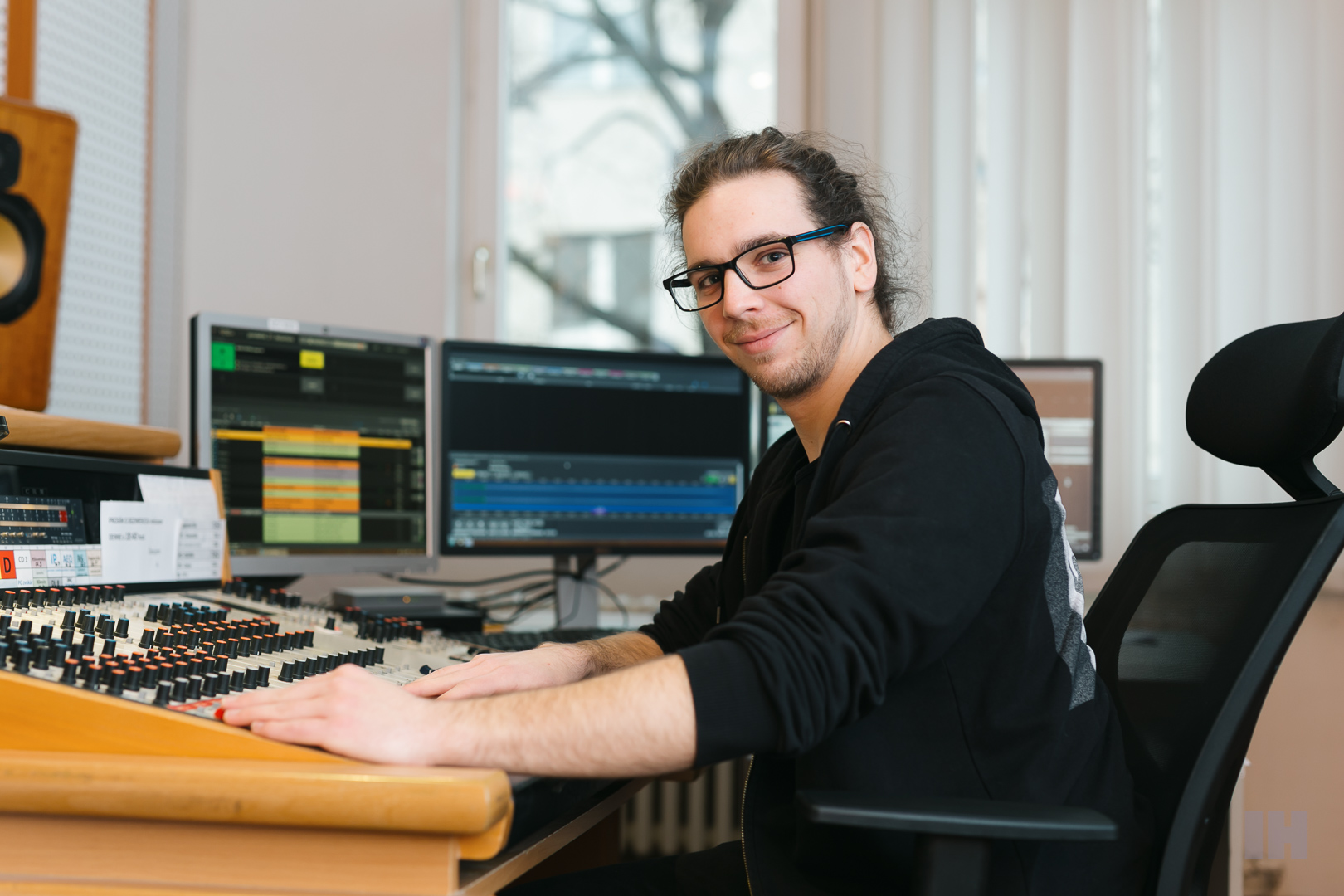

Jana Pataráková / host and editor
You can hear the soft voice of Jana Pataráková in the programs of Rádio Regina Východ, she has been working as a radio host for 30 years now. Jana covers mainly the topics of culture and art in the show Kultúra 2021 every Thursday afternoon. According to the long-term host, radio is a medium that requires special attention and the ability to capture the emotion of a given conversation appealing to only one human sense, hearing. It is not possible to help yourself with a photo or video on the radio, as is the case with ordinary text newspapers or television programs. All that remains is the spoken word and the sensitivity which it is approached with.
“You fall in love with the radio. It is simply a charming medium that draws us into it incredibly. In fact, that’s why I don’t even know how the first ten years of my career passed. One is so in love that he/she doesn’t even mind timeless hours and weekends. This work is important to me, it doesn’t have to have great references or legacy. I enjoy myself and the work definitely suits me. It is also crucial not to pretend anything, because the listener can feel any pretense and fake.
As an editor, I really enjoy the opportunity to ask, the ability of simple and ordinary curiosity. Being able to ask questions and get an answer. The curiosity that carries me through all possible burn-outs over the years. Journalism is an adventure, a hunt for knowledge. From getting in touch with a person, connecting with him, and overcoming a long time of fear and shyness to asking about topics and issues we don’t understand or don’t know much about. It’s beautiful to still be able to ask questions and feel the adrenaline in front of the microphone.”
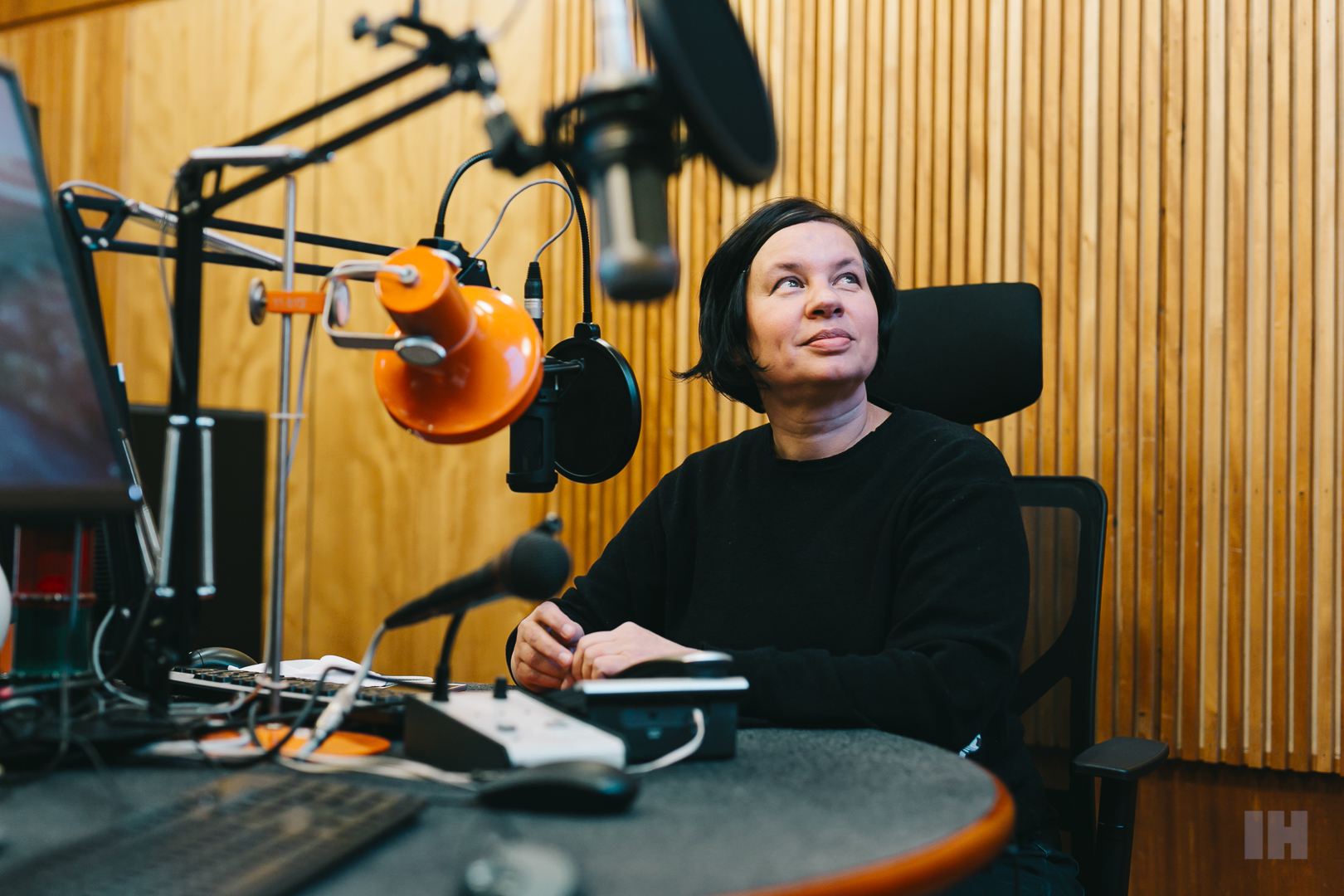
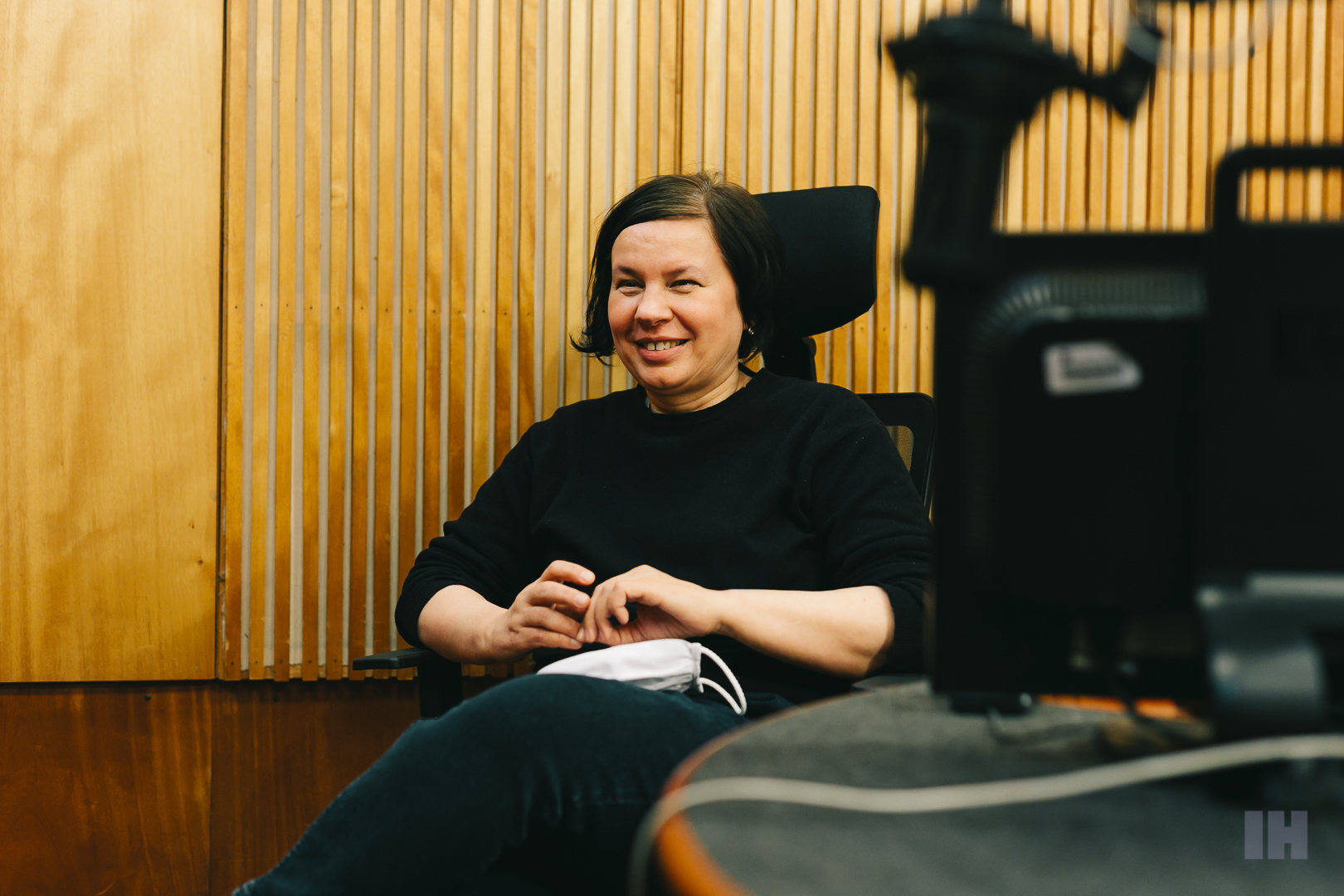
Dávid Palaščák / Ruthenian national broadcast
Dávid Palaščák has been working for RTVS for more than five years. He regularly brings Ruthenian broadcasts and also contributes to Rádio Regina’s journalism, where he also participates in the preparation of the Klub komunálnej politiky. In the show Zvony nad krajinou, he focuses on individual municipalities and thematic blocks. My, Rusíni depicts the history of this national minority or Ruthenian villages, discussions with guests and other interesting things from social events. The reports are, therefore, broadcast in Ruthenian, which is only one of the sections of RTVS – others are also submitted in Romani, Czech, Polish, Ukrainian and German language.
“I come from Prešov, but I have spent a large part of my life in a village in Habura, near Medzilaborce, where my mother and grandparents are originally from. That is the reason why I feel more of Ruthenian origin. Ever since I was studying general history at university, I have dealt with social and public topics – I always wanted to engage in them thoroughly and bring them closer to the audience. This desire came true for me at Rádio Regina Východ, where we approach civic life in the Ruthenian language. The ambition of the editors is to show that classic topics can also be debated and delivered in Ruthenian.
It feels great to know this work means something to our listeners and brings something valuable. The editor does a good job when he/she manages to process the issues of the region clearly and in-depth at the same time. It’s also great to meet new places and people – in five years I’ve managed to make recordings in almost every district of the Prešov municipal district.”
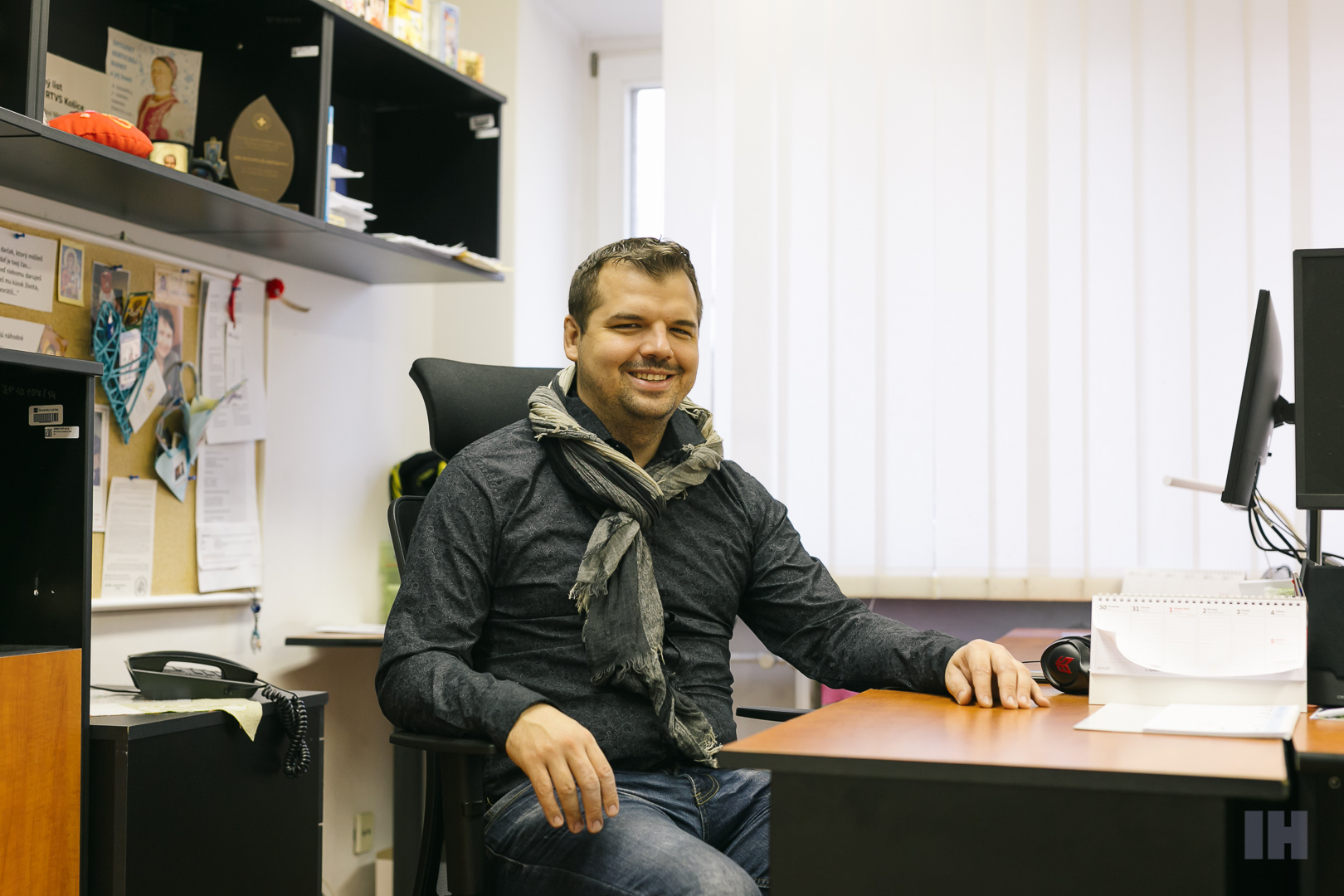
Marta Ďurďáková / archivist
At RTVS, Marta has been taking care of archiving all shows and ordering sounds or recordings from the central archive of this institution for the last 33 years. She is responsible for ensuring that the sounds for the prepared program are delivered on time and by the deadline. The others are available directly at the RTVS sound archive in Košice, where each song is recorded on an individual medium in its own box. These are mostly Slovak folk music tracks from regions such as Šariš, Abov, Zemplín, as well as brass band, opera and operetta melodies also produced in the large RTVS recording studio together with Košice artists.
Some of them are songs, not all of which have yet been digitized, such as the music of the Košice Radio Orchestra. Marta wants to continue with this digitization, even though she is about to retire next year after her long radio run.
“I never have the same working day, I have a precise schedule for the month ahead and I arrange the orders of recordings from the central archive in Bratislava accordingly. Some things are still being recorded. Among other things, I work part-time with the most popular format, Hudobné pozdravy. This work never ends – I am in charge of preparing and taking orders via e-mail and regular mail, even personal orders. Older people like to come to us to hand them over, they like to take a closer look at the radio premises.
When I came here 33 years ago, I started reading radio plays scripts and delved deeper into the process of what happens before it is recorded. It gave me a lot – I met well-known actors and authors, which was a very valuable experience for me. I also take care of storing our literature programs on CD, because the editors required it so. I wonder how many recordings I can digitize until my retirement. What I care most about is the digitization of music and word collections – Košice personalities – which were produced by Lýdia Urbančíková. I consider them of very valuable importance for future generations.”
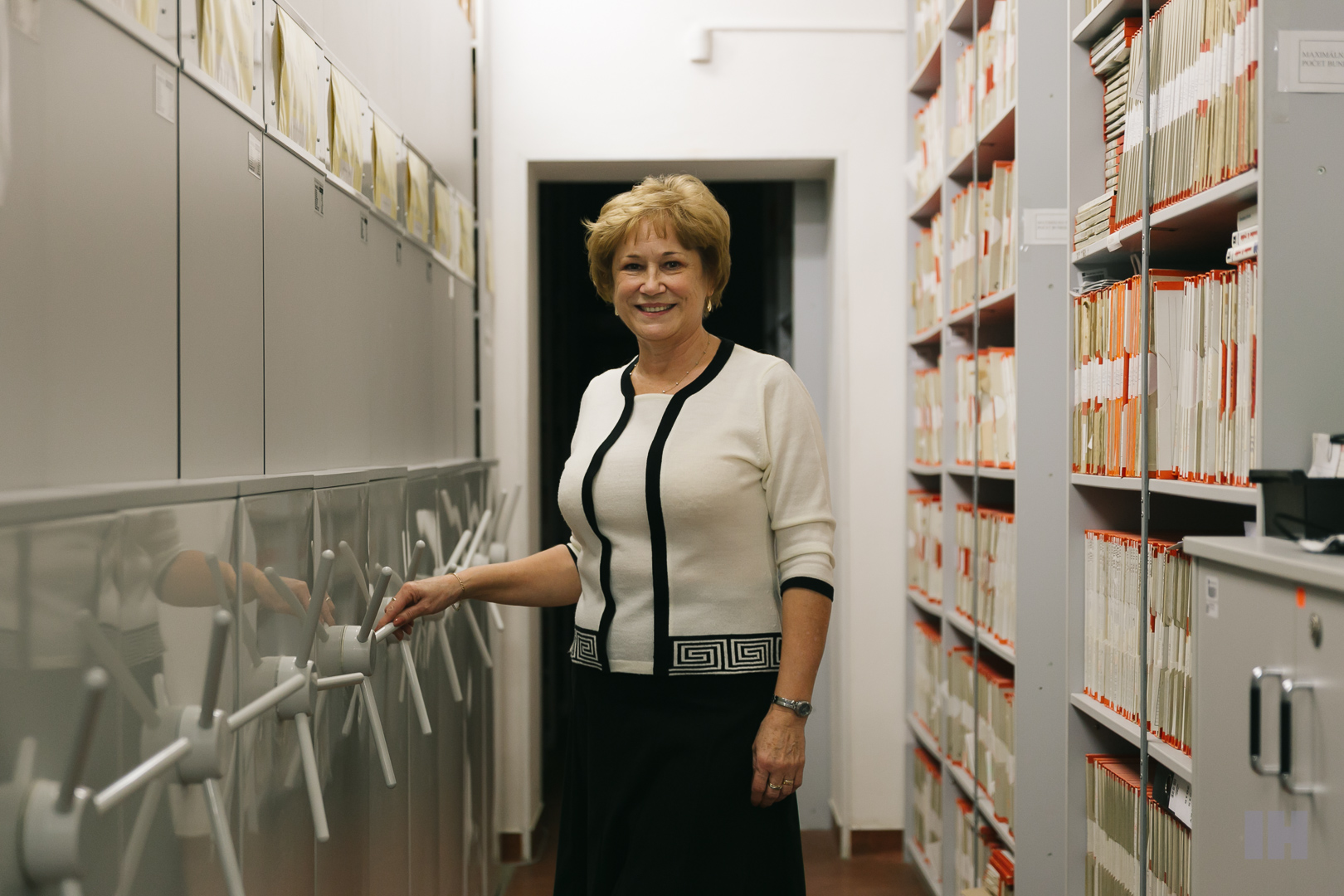
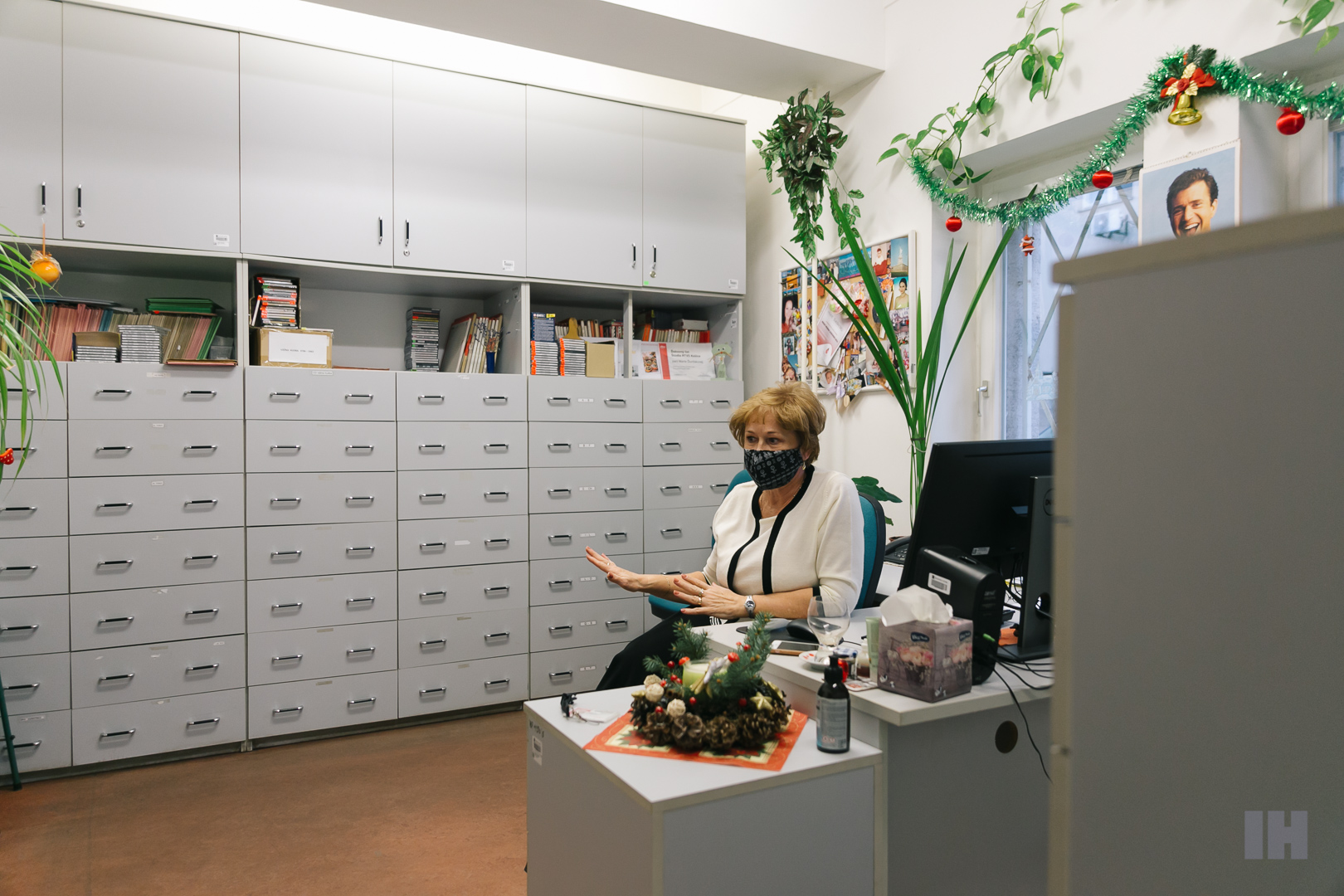
Milan Rendoš / music editor and host
Rádio Regina Východ’s music choice covers several genres and tries to suit several age categories, mostly the elderly, who often cannot find their favourite songs on regular commercial radio stations nowadays. The main topic of the program, for which the editor and host Milan Rendoš is responsible, is folklore and traditional music of the East Slovak regions. A good example is one of the shows he hosts – Zahrajte mi túto – which also includes competitions and telephone contact with listeners with the opportunity to choose from the offered songs.
Milan also continues with more than 50-year tradition of the Klenotnica ľudovej hudby broadcast from Košice every three weeks, presenting the work of East Slovak folklore groups or interviews with music samples from various locations.
“The work of the music editor and host is connected with a huge number of business trips with the radio crew. We visit local villages and record their music group in their own courthouses. I have been working for RTVS for 21 years and there is still a lot of folk music to choose from. These recordings are later combined into holistic customary footages along with the interviews.
In the discussions with ethnologists and ethnomusicologists, I also deal with topics such as architecture, markets and other areas of traditional culture. I prefer interviews which are strong enough to facilitate an opinion, which bring something to gain from not only for the listeners, but also for the entire folklore movement.”
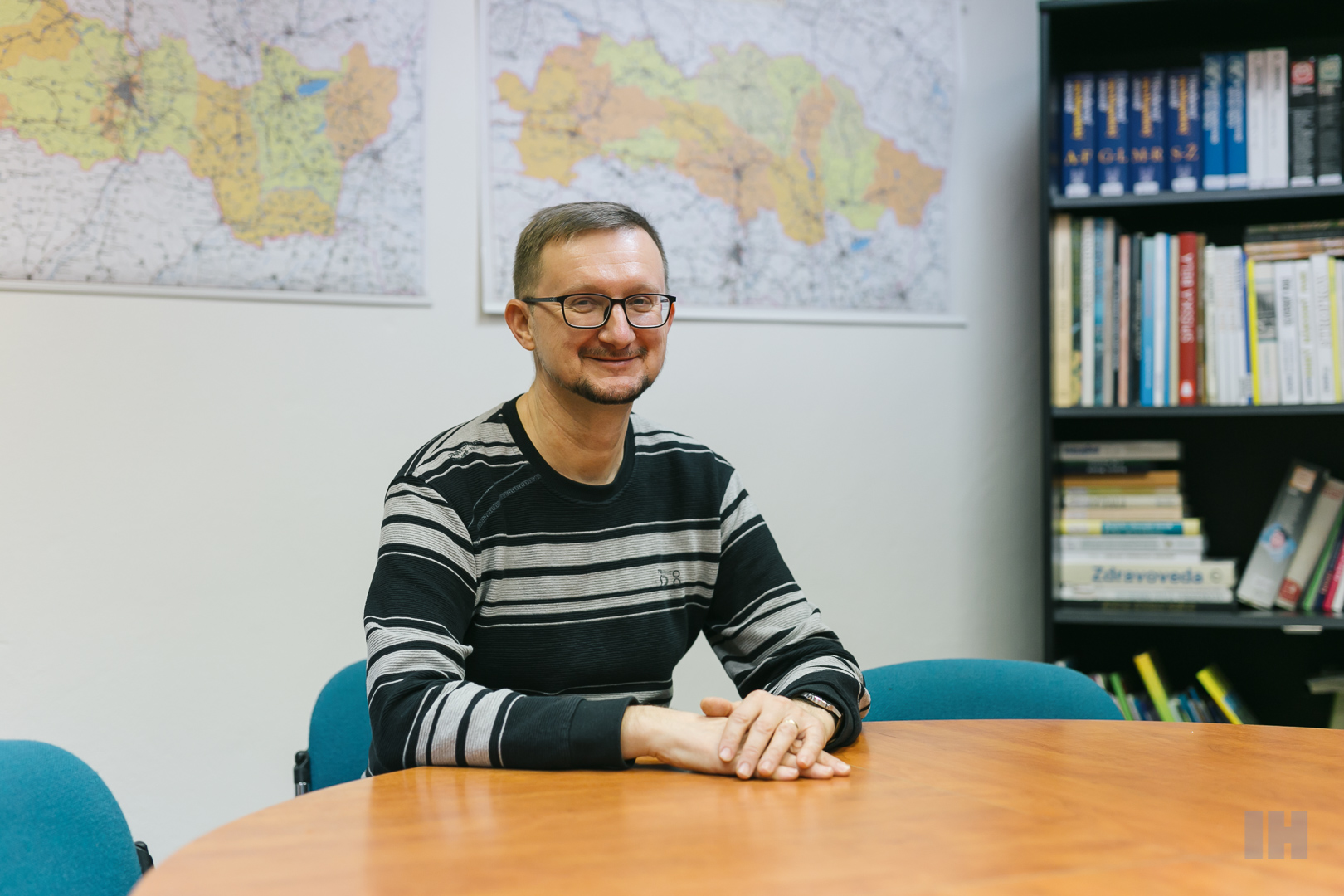
Ivana Jachymová / music and literature program
Ivana Jachymová works on literature related shows, programs and cultural journalism, which have been broadcast on Rádio Devín and Rádio Regina Východ for 30 years. She likes her job also thanks to contacts and cooperation with people who create as writers, artists, theatre performers, filmmakers, historians, organizers of cultural life and the like. These professionals bring impulses and inspiration to the program she works on.
Ivana is especially fond of the art journalism section, referred to as a feature in radio jargon. A special radio section, mostly of an extraordinary structure, given to a particularly important topic. Exceptional events, such as the November 17 in Slovak history, are dealt with in a more demanding and impressive way to appeal to the listener and evoke a strong experience.
“I like to dive into different topics – radio is a space where I can do that. To a large extent, I can choose what I will work on and in what way. What I am most interested in is the complete preparation of the broadcast, in which you need to follow all the detours and signals, if you want to comprehensively understand the phenomena.
The most interesting thing for me is this part, learning about new areas of expertise, spreading knowledge and what it leads to. Usually, there is this zeal and energy that I want to share with the listeners. I strongly believe that they feel the same way, that they would be interested and satisfied if they hear the show. For me, the preparation phase of broadcasting means a much greater dose of an adventure than broadcasting itself. Yet it is not the same compared with studio guests’ shows or phone calls with listeners – that’s again a different story.”
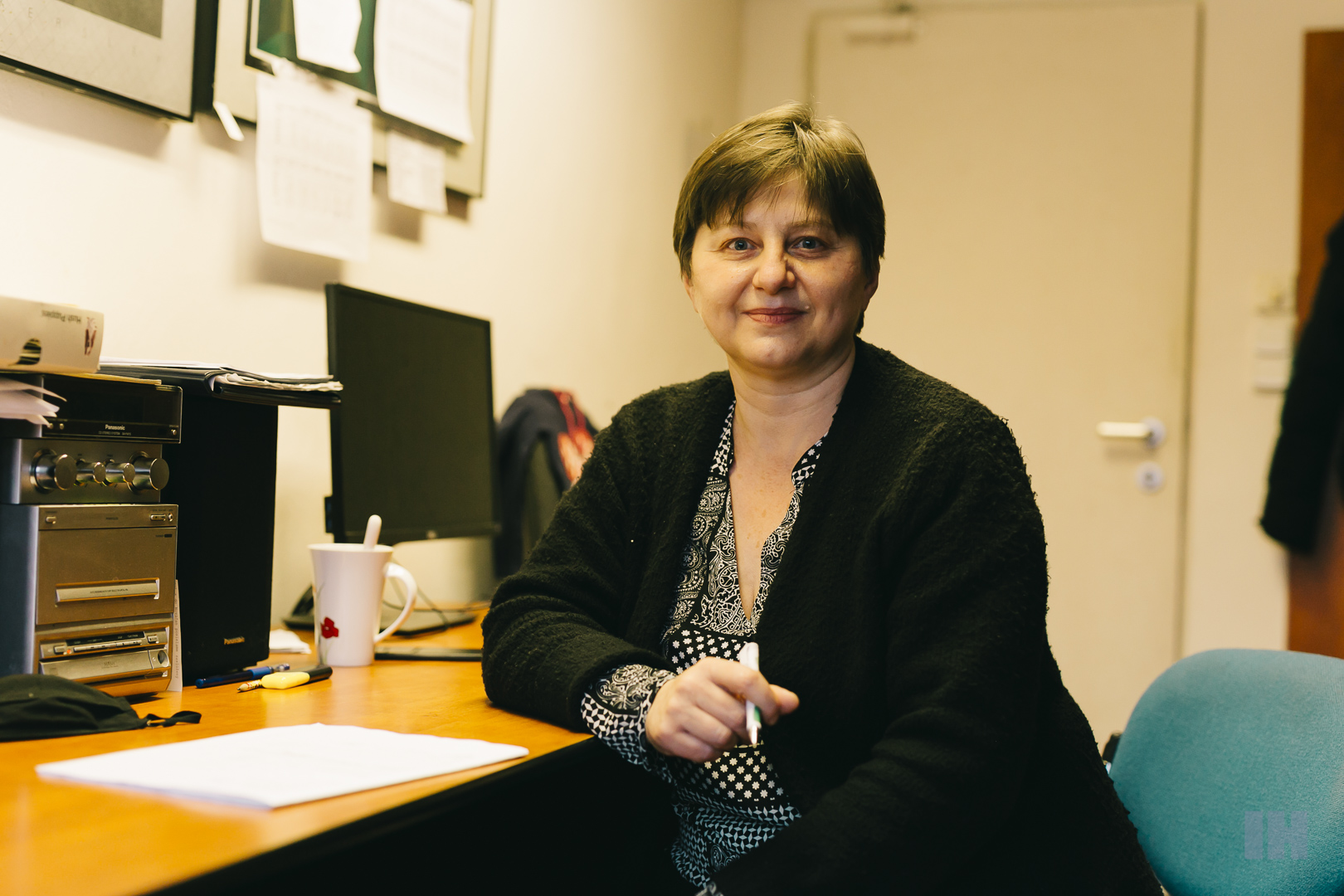
Many other people are connected with the work of RTVS and Rádio Regina Východ. Don’t forget to stop at the Radio Open Day on Moyzesova Street in Košice in the future and meet the faces of all those who bring you the most wonderful sounds of music and valuable words every day.


